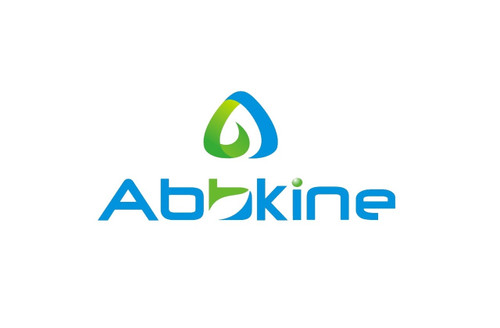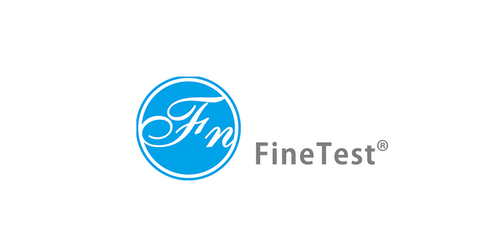Product Description
Human Folate receptor beta (FOLR2) ELISA Kit | AE58733HU | Abebio
Species Reactivity: Human (Homo sapiens)
Abbreviation: FOLR2
Alternative Name: BETA-HFR; FBP/PL-1; FR-BETA; FR-P3; folate receptor 2|folate receptor; beta|folate-binding protein; fetal/placental
Application: ELISA
Range: 0.156-10 ng/mL
Sensitivity: 0.059 ng/mL
Intra-Assay: ≤5.6%
Inter-Assay: ≤10.6%
Recovery: 1, 02
Sample Type: Serum, Plasma, Other biological fluids
Detection Method: Sandwich
Analysis Method : Quantitive
Test Principale: This assay employs a two-site sandwich ELISA to quantitate FOLR2 in samples. An antibody specific for FOLR2 has been pre-coated onto a microplate. Standards and samples are pipetted into the wells and anyFOLR2 present is bound by the immobilized antibody. After removing any unbound substances, a biotin-conjugated antibody specific for FOLR2 is added to the wells. After washing, Streptavidin conjugated Horseradish Peroxidase (HRP) is added to the wells. Following a wash to remove any unbound avidin-enzyme reagent, a substrate solution is added to the wells and color develops in proportion to the amount of FOLR2 bound in the initial step. The color development is stopped and the intensity of the color is measured.
Product Overview: Folate receptor beta is a member of the folate receptor (FOLR) family, and these genes exist in a cluster on chromosome 11. Members of this gene family have a high affinity for folic acid and for several reduced folic acid derivatives, and they mediate delivery of 5-methyltetrahydrofolate to the interior of cells. This protein has a 68% and 79% sequence homology with the FOLR1 and FOLR3 proteins, respectively. Although this protein was originally thought to be specific to placenta, it can also exist in other tissues, and it may play a role in the transport of methotrexate in synovial macrophages in rheumatoid arthritis patients. Multiple transcript variants that encode the same protein have been found for this gene.
Stability: The stability of ELISA kit is determined by the loss rate of activity. The loss rate of this kit is less than 5% within the expiration date under appropriate storage condition. The loss rate was determined by accelerated thermal degradation test. Keep the kit at 37°C for 4 and 7 days, and compare O.D.values of the kit kept at 37°C with that of at recommended temperature. (referring from China Biological Products Standard, which was calculated by the Arrhenius equation. For ELISA kit, 4 days storage at 37°C can be considered as 6 months at 2 - 8°C, which means 7 days at 37°C equaling 12 months at 2 - 8°C) .
 Euro
Euro
 USD
USD
 British Pound
British Pound
 NULL
NULL








